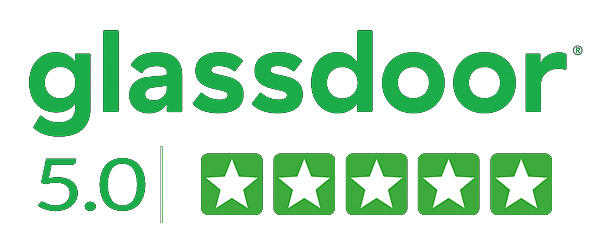A Customer Relationship Management (CRM) system provides a centralized place, where businesses can manage customer and prospect data. If you’re a businessman and want to implement a new or replace with CRM, thousands of solutions exist in the market. It’s pretty not an easy task to evaluate and compare. The right CRM for any business depends on the size of the company, budget, structure of the business, and current technology.
The two most popular CRM systems are Salesforce and HubSpot. And in this blog, we’ll compare and contrast these two, which will suit your business best. Salesforce, launched back in 1999, has become one of the world’s most renowned CRM providers. Moreover, it revolutionized the CRM software industry with its cloud-based solution Sales Cloud.
On another side, HubSpot, launched in 2014, introduced its free CRM software. It allows businesses to organize, track, and nurture their leads and customers.
Salesforce leads globally in CRM. However, HubSpot is slowly gaining traction, especially among small and medium-sized businesses. Let’s evaluate both CRMs on the following basis:
- User interface
- Ease of use
- Pricing
- Customizations
- Integrations
User interface
The user interface or UI is crucial to the success of your implementation. If your sales executives are not input information for sales calls, prospects, and leads, or worse, entering bad data, they can create more work for your business. When it comes to evaluating UI, it’s very subjective, everyone has a different user experience. It all depends on its looks and how it is working.
However, one of the most common criticisms of Salesforce online is that its UI is a little clunky and looks complex compared to other CRM providers.
Ease of use
The biggest challenge facing businesses with CRMs is getting their sales and marketing teams to use the CRM day in, and out. In terms of compatibility, Salesforce is more complex and comprehensive. Moreover, a common complaint about Salesforce is that, due to its complexity, businesses won’t use most of the features but it has plenty of features to use as much as we need. On the other hand, HubSpot is more intuitive for users and doesn’t require a huge time investment to get familiar with.
This is one of the primary reasons that drive the Salesforce adoption rate. Sales representatives have better visibility into their accounts, contacts, opportunities, and tasks, all from a single place. Salesforce allows a complete 360-degree view of the customer, which helps them to make better business decisions and close deals faster.
Hidden costs, Fees & Add- ons
Apart from licensing costs, Salesforce has many hidden fees and add-ons which are sold separately and include the following:
- Knowledge user license
- Offline access
- Live video chat support
- Additional data storage
While HubSpot, for the most part, functions as a free standalone CRM. The only added costs are the paid marketing and sales tools for the same.
Customizations
Salesforce markets its product as the most customizable CRM. HubSpot can also be customized for your business but is likely not too customizable to the same extent as Salesforce. However, with Salesforce, you can customize each of the standard tabs and types of records, including adding custom fields and setting page layouts. Moreover, you can also customize the search, tagging, and user interface options for your business.
In HubSpot, if you want a product that makes it easy to adjust the software to simply fit your business needs, but if you want a product that allows you seemingly endless customization, Salesforce is the better solution.
Integrations
HubSpot and Salesforce both have features that allow you to integrate with hundreds of apps and services, including integration with WordPress, Survey Monkey, Zapier and etc. Moreover, their open API allows companies to build their own custom integrations.
On another side, Salesforce, via their AppExchange, offers an ever-large ecosystem with thousands of products and integrations. AppExchange allows users to extend the functionality of Salesforce.
Choose the best:
However, both Salesforce and HubSpot are great CRM options, but they have significantly different strengths and benefits. So, it’s quite important to understand the features and other factors that fit into your business. After elucidating about HubSpot and Salesforce, there is no right answer. You can decide which CRM is best for your business, it totally depends on your business needs. Moreover, TriColor Initiatives, a Salesforce partner, also deals in Salesforce implementations. TCI has a team of experienced and certified Salesforce professionals.


